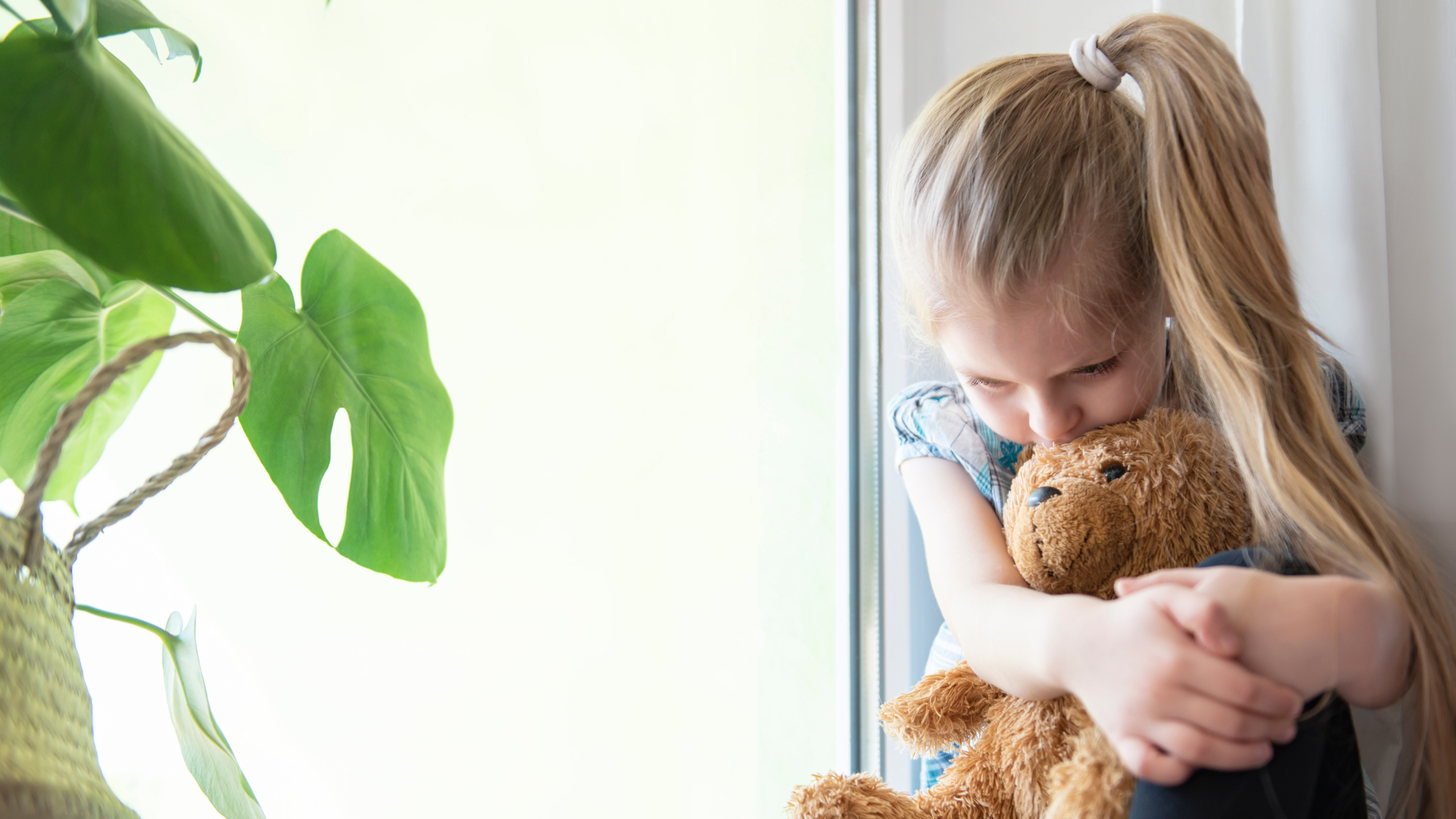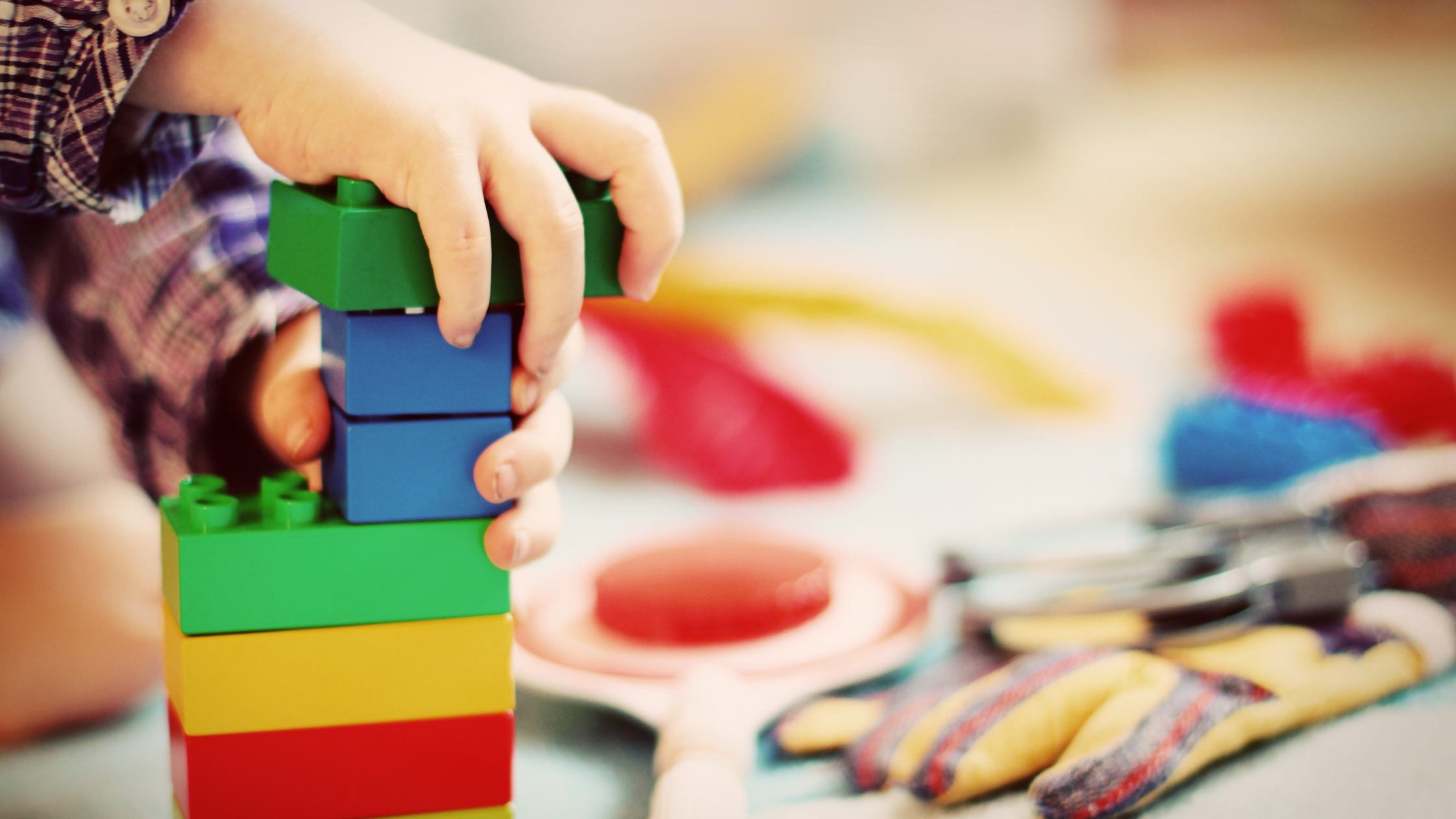The Rooted Rhythm Blog
Offering expert guidance to help families nurture sensitive children, navigate parenting challenges, and embrace the wonder of raising extraordinary kids.
How Fathers’ Sensitive Parenting Helps Their Sensitive Child Feel Emotionally Safe
In the world around us, fathers are seen as the stoic pillars of discipline who are primarily responsible for enforcing rules and preparing their children for the difficult world out there. But under all this portrayal of ‘tough love’ lies a potential for profound understanding and empathy that can be truly transformative for highly sensitive children. Fathers’ sensitive parenting allows the child to view the world a little differently. They’re able to see figures who are dependable but also emotionally present, resilient but understanding at the same time.
Why You Feel Like a Bad Parent Even When You’re Doing Your Best
Feeling like a bad parent doesn’t mean you are one. Let’s just start there because if you’re here, reading this, chances are you care deeply. And that care can sometimes twist itself into guilt, shame, or doubt. You yell one too many times, miss another bedtime story, or scroll past a social media post that makes you question everything. Suddenly, your inner voice whispers, “Am I a bad parent?” We hear this more than you’d think. And it’s not because parents are failing, it’s because they’re overwhelmed, unsupported, and holding impossible standards. So let’s gently untangle that belief together and find what’s really beneath it.
How to Handle Your Toddler's Tantrums in Public: Calm, Connected Strategies for Parents
Toddler’s Tantrums in Public can feel overwhelming especially in places like grocery stores but you're not alone. These meltdowns are a normal part of both your child’s and your parenting journey. With the right strategies, you can manage these outbursts and use them as learning moments. Understanding triggers like frustration or tiredness helps you respond calmly. Instead of reacting with anger or embarrassment, try offering comfort or simple choices. Your child is still learning to express emotions, and every tantrum handled with patience builds trust and emotional strength.
Recognizing and Managing Burnout in Parents and Caregivers
Burnout in parents is more than just feeling tired. It’s a full-body, heart-heavy exhaustion that doesn’t ease with a single good night’s sleep. It’s waking up feeling just as exhausted as when you went to bed. Unlike normal fatigue, burnout doesn’t just pass. It lingers, shifts your mood, drains your joy, and leaves you feeling emotionally distant from the very people you love most!
Social Media and Teen Mental Health: What Every Parent Needs to Know
If you were to think of social media platforms you used as a teenager, you probably would be able to just list down a handful. In the present world, however, social media has evolved into gigantic digital arenas filled with traffic and glamour, with usage that is consistently increasing. This usage is mostly rampant amongst teenagers, with research claiming that up to 95% of children aged 13-17 are using a social media platform, with more than a third using it almost constantly. This is why it’s more important now than ever to understand the link between social media and teen mental health.
Depression in Children and Teens: Signs Every Parent Should Know
As a parent, you’ll witness your child through their many emotional phases. Happy for their first day of school, cranky about the math test, giddy after a sleepover, or heartbroken over a lost friendship. These emotional ups and downs are a natural and essential part of growing up. But when emotions like sadness or irritability linger for longer than expected, it could be a sign of something else!! Depression in children and teens goes unnoticed because it doesn’t show up the way depression in adults does.
How Play Therapy for Trauma Helps Children Heal Emotionally
Play therapy for trauma invites children into a language they know best: play. In safe, intentional spaces, kids are gently guided through their experiences, without needing to use words they often don’t have. Whether they’ve experienced a single event or ongoing challenges, play becomes their bridge to safety, expression, and growth. It allows them to show us their inner world through stories, movement, art, and connection. With the right therapeutic environment, one that’s safe, relational, and attuned, play therapy becomes more than just play.
Recognizing Hidden Signs of Anxiety in Children (That Don’t Look Like Worry)
Anxiety in children doesn’t always look like fear or trembling hands. Sometimes, it hides in plain sight. It can show up as anger, stomachaches, perfectionism, or even nonstop talking. As therapists and parents ourselves, we’ve seen just how often children carry anxiety in their bodies, their behaviors, or even their silence. It’s not always obvious, and that’s what makes it so tricky!
ADHD vs Highly Sensitive Child: How to Tell the Difference and Support Your Child
As a parent, you will often find yourself at a crossroads with many life decisions when it comes to your child. Some will be big, some small, but all confusing in their own way. Is it time to switch to solids? Or is it wise to allow them some screen time? For parents with highly sensitive children, this crossroads also extends to this one question that often comes up: Is it ADHD, or is your child just deeply upset when they can’t find their favorite plushie? In the ADHD vs highly sensitive child conversation, the lines can easily blur. Sometimes what looks like ADHD is actually high sensitivity or emotional dysregulation in disguise.
Alternatives to Time-Out for Children: Better Discipline Strategies That Work
If you’ve ever used a time-out for children and felt unsure afterward, you’re not alone. Time-outs have long been a go-to discipline tool, and in some cases, they can help create space to cool down. But more often, especially with emotionally overwhelmed or sensitive children, time-outs can miss the heart of what’s really needed: connection, not isolation. As psychologists and parents, we know you’re doing your best in tough moments, and it’s hard! You want to teach your child to behave well, but also feel seen, safe, and supported.
Creating a Sensory-Friendly Home for Your Highly Sensitive Child
A sensory-friendly home is essential for highly sensitive children, whose finely tuned nervous systems can make everyday stimuli feel overwhelming. By creating a calm, predictable environment, you help your child feel emotionally and physically safe, reducing outbursts and supporting focus and regulation. This kind of space fosters secure attachment and allows your child to thrive both socially and academically. Most importantly, a sensory-friendly home shows your child they are loved, understood, and valued for exactly who they are.
How to Resolve Parenting Conflicts and Build Family Harmony
Parenting conflicts are inevitable in every family, but when left unspoken or unresolved, they can quietly shape the emotional climate of your home. Whether it’s differing opinions on discipline, screen time boundaries, or how to respond to your child’s big emotions, parenting conflicts can strain not only the relationship between caregivers but also the sense of safety your child feels within the family.
How to Be an Emotionally Intelligent Parent? (Through the Lens of Gentle Parenting)
Parenting is an extremely special, yet transformative journey that we get to be a part of alongside our children. We get to grow in ways that we might have never expected. And while most of this journey is based on guiding behaviour, we must not forget that it also entails connecting with your child emotionally and nurturing them. This requires the right balance of intention and being an emotionally intelligent parent.
Screen Time Effects on Sensitive Children: What Parents WithSensitive Kids Need to Know
While screen time is a need, there can be screen time effects on sensitive children if not managed consciously. You’re not alone if screen time worries you, especially with sensitive kids who feel more deeply.
7 Signs of a Highly Sensitive Child & How to Support Them
While all children are unique, some feel things more intensely, and that’s okay. The first step is to recognize whether your child is highly sensitive. As long as you recognize signs of a highly sensitive child, you’ll not only feel more grounded in your parenting but also better equipped to meet your child’s emotional needs with confidence and compassion.




















